Features > Property News & Insights > Market updates
Rate Reprieve: Is This an Early Christmas Gift for Mortgage Holders?

Could the release of monthly inflation data from the Australian Bureau of Statistics (ABS) actually have delivered an early Christmas present for Australians with a mortgage - a reprieve from another interest rate rise?
At face value, that certainly could be the case, with economists and the money markets saying the chances of the Reserve Bank of Australia (RBA) raising interest rates at its December board meeting are now negligible.
The release of the Consumer Price Index (CPI) figures shows that in the 12 months to October 2023, inflation in Australia was 4.9%.
According to the ABS, the most significant price rises over the past year were in Housing (+6.1%), Food and non-alcoholic beverages (+5.3%), and Transport (+5.9%).
For anyone who’s been building a house, renting, commuting or just strolling down the supermarket aisles and wincing at recent price rises, none of that will come as a shock.
But if you dig into the monthly figures, you can see some of those cost pressures are easing.
Fuel prices actually fell 2.9% in October, and rents eased 0.4 per cent in the month, partly due to increased Commonwealth Rent Assistance for people on low incomes.
That overall 4.9% figure also came in well below market expectations, with institutions such as the Commonwealth Bank predicting the number would be closer to 5.2%.
It was also a significant fall from the previous set of monthly figures, which showed year-on-year inflation to September was 5.6%.

“What the report showed was confirmation of ongoing declines in inflation in the goods sector as expected. And it ended up like we're getting more discounting in those areas than we were thinking. So in that sense, it is encouraging,” David Bassanese, the Chief Economist at BetaShares, told ABC News.
“I think they (the CPI figures) confirm that the RBA won't raise rates at the last meeting of the year in December.”
That’s obviously music to the ears of mortgage holders - many of whom have already borne the brunt of 13 rate rate rises, since the Reserve Bank started jacking up rates in May 2022 in a bid to tame runaway inflation in Australia.
Job done? Not yet.
Monthly inflation peaked in Australia in December 2022 at a whopping 8.4%, so there’s no doubt the RBA’s interest rate campaign is having an effect.
The question is whether it is enough...and fast enough…to return inflation to the Bank’s stated 2-3% target by the date it has previously nominated - no later than December 2025.
The problem is the monthly CPI figures are volatile, and we may not get a more comprehensive picture of what’s happening until late January when the more accurate quarterly inflation numbers are released.
“The broader quarterly CPI that we get in late January will include an update on a broader range of areas, particularly services, which is what the RBA is most concerned about at the moment,” says David Bassanese.
“Goods inflation is easing, services inflation at the moment is still sticky.”
To highlight that, RBA Governor Michele Bullock recently singled out businesses in the services sector, like hairdressers and dentists, who have not been shy to pass on rises in their input costs directly to customers.
And speaking at a meeting of central bankers in Hong Kong on Tuesday, Ms Bullock conceded getting inflation back in the 2-3% target range by the end of 2025 was “very uncertain”.
“We’ve been surprised a little bit by the strength of (economic) activity,” she told her audience.
“It’s held up a little better than we thought.”
“That means that services price inflation has held up a bit more.”
“So what we’re observing is a bit more domestic price pressures than we’d expected.”

Wither rates?
While it’s unlikely there will be another rate rise in December, Michele Bullock’s comments indicate the RBA may have further to go in this cash rate cycle if services inflation doesn’t start to moderate.
“We want to make sure that we keep inflation under control, and we bring it back down to our band (2-3%), but we also need to make sure we do that in the context of not imposing on the economy and raising the unemployment rate so much”, she said.
The RBA Governor also dismissed as “political noise” many of the complaints about “mortgage stress”, following the 13 interest rate rises the bank has imposed since lifting the cash rate from the pandemic “emergency level” of 0.1%.
“Despite that noise, households and businesses in Australia are actually in a pretty good position. Their balance sheets are pretty good,” she said.
While the RBA has acknowledged some people with big mortgages are doing it very tough, both Michele Bullock and her predecessor Phil Lowe have been keen to point out that Australian households socked away an additional $300 Billion in savings during the pandemic.
This is one of the factors that explain why Australian house prices have largely shrugged off 13 interest rate rises and have reached a new high.
There’s a rapidly growing population.
There’s a shortage of available houses.
And there are plenty of cashed-up people, who will pay whatever it takes to secure a property.
Stay Up to Date
with the Latest Australian Property News, Insights & Education.




.png?width=292&height=292&name=Copy%20Link%20(1).png)
 SIGN UP FOR FREE NEWSLETTER
SIGN UP FOR FREE NEWSLETTER
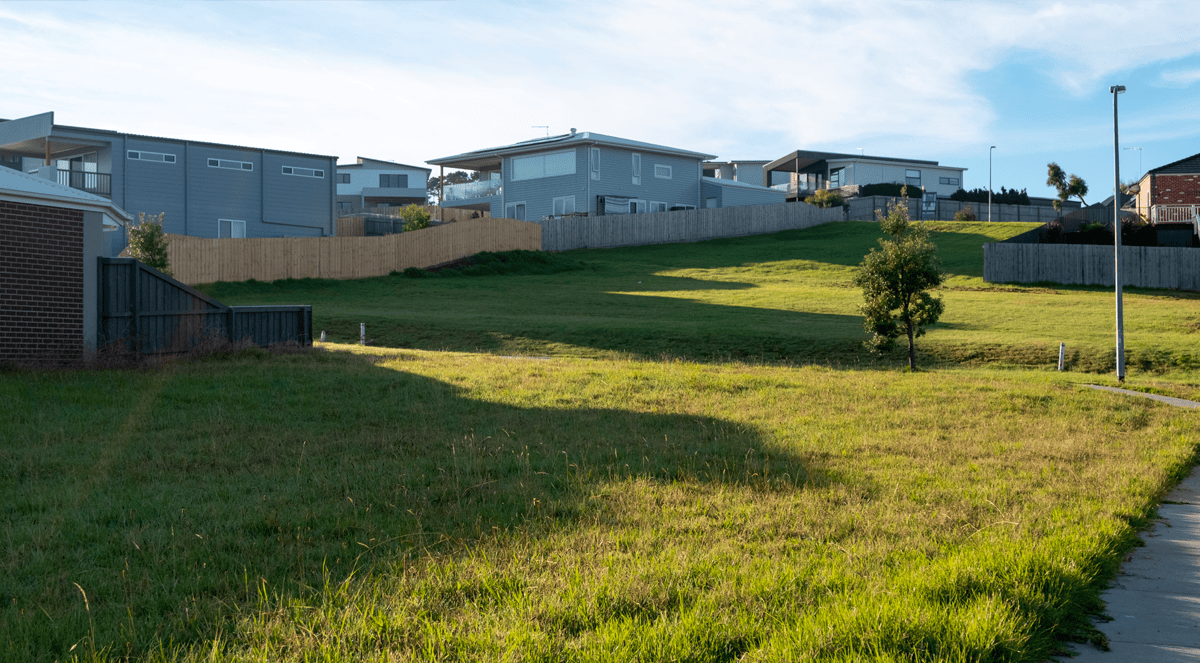
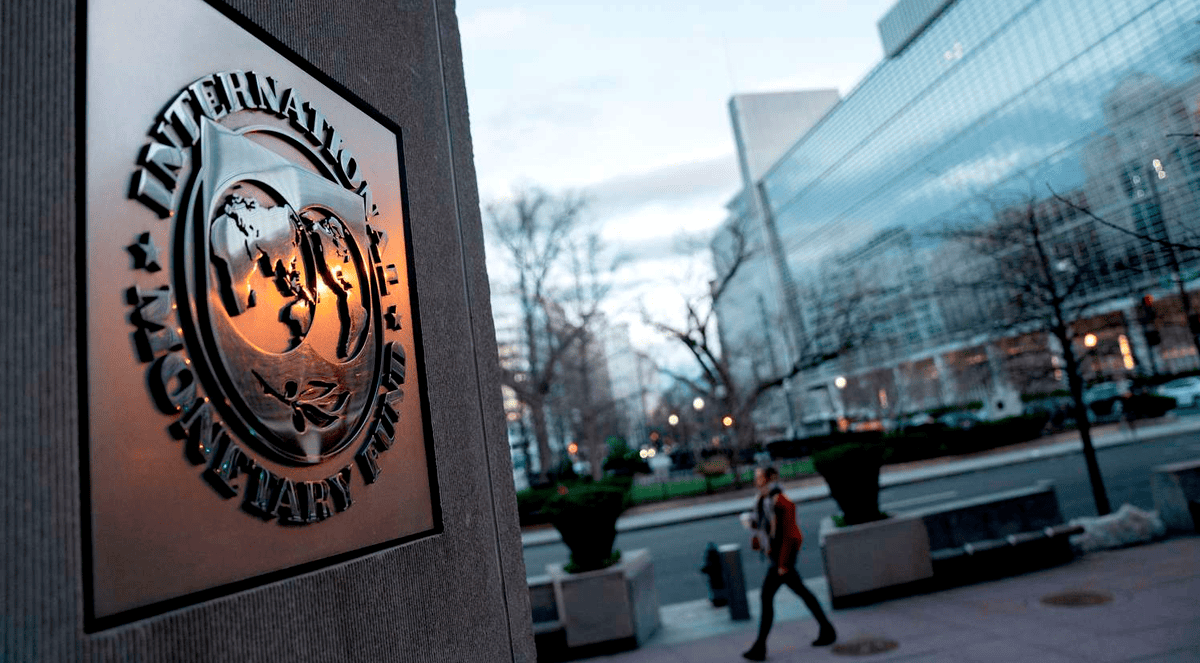
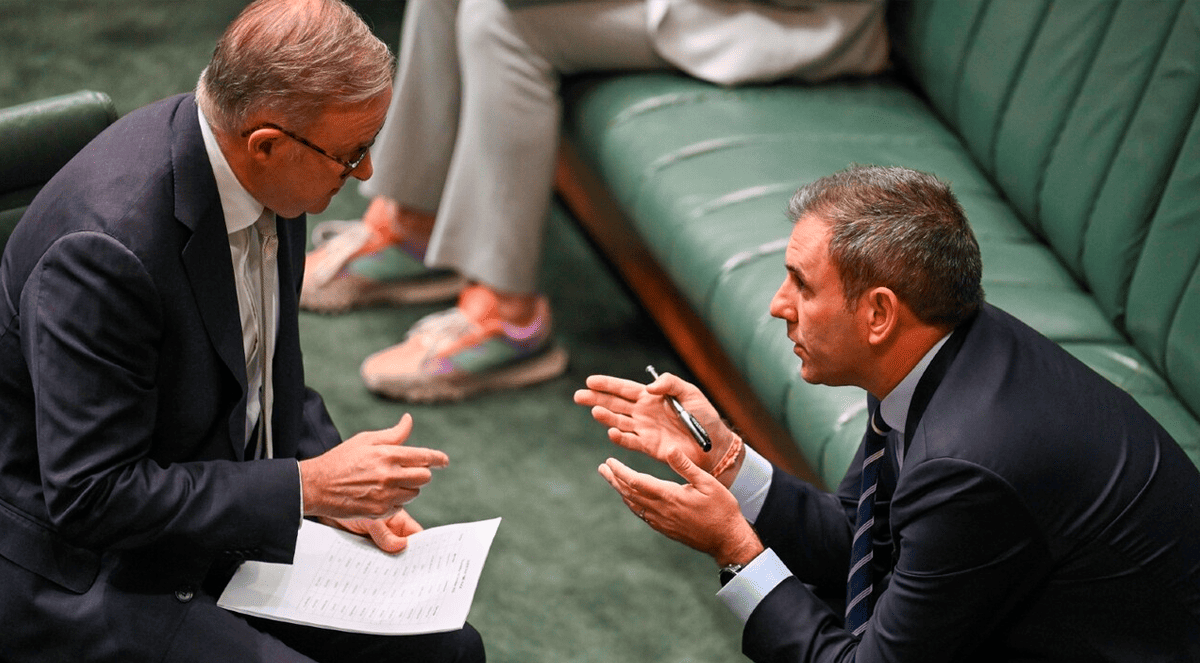
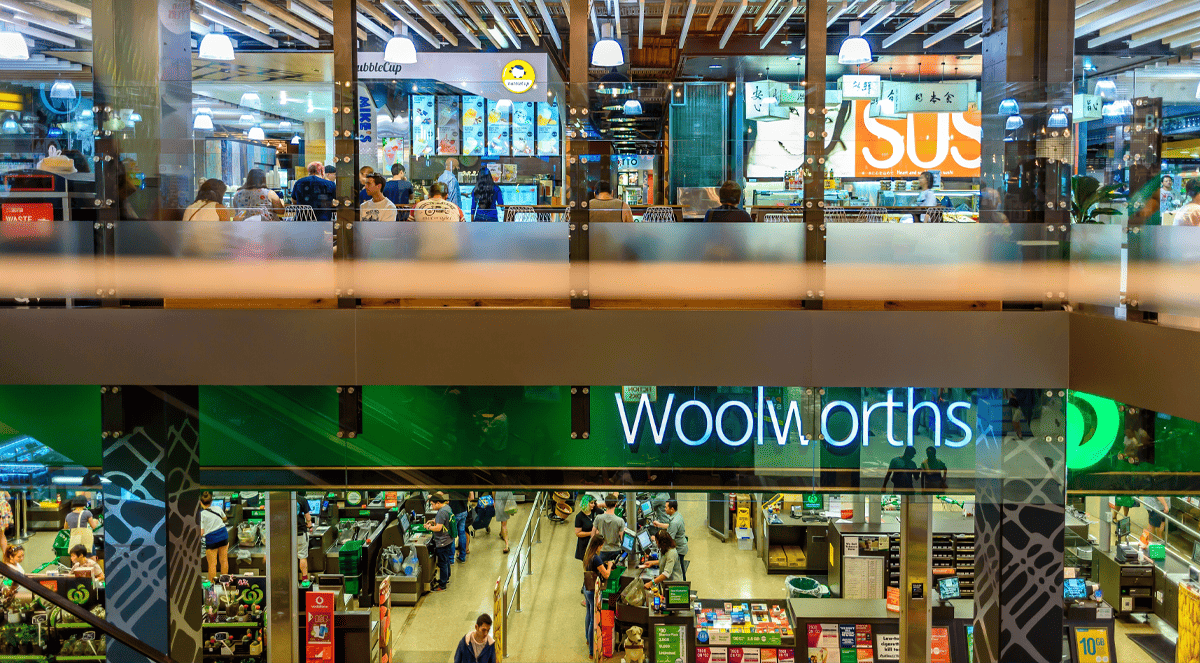
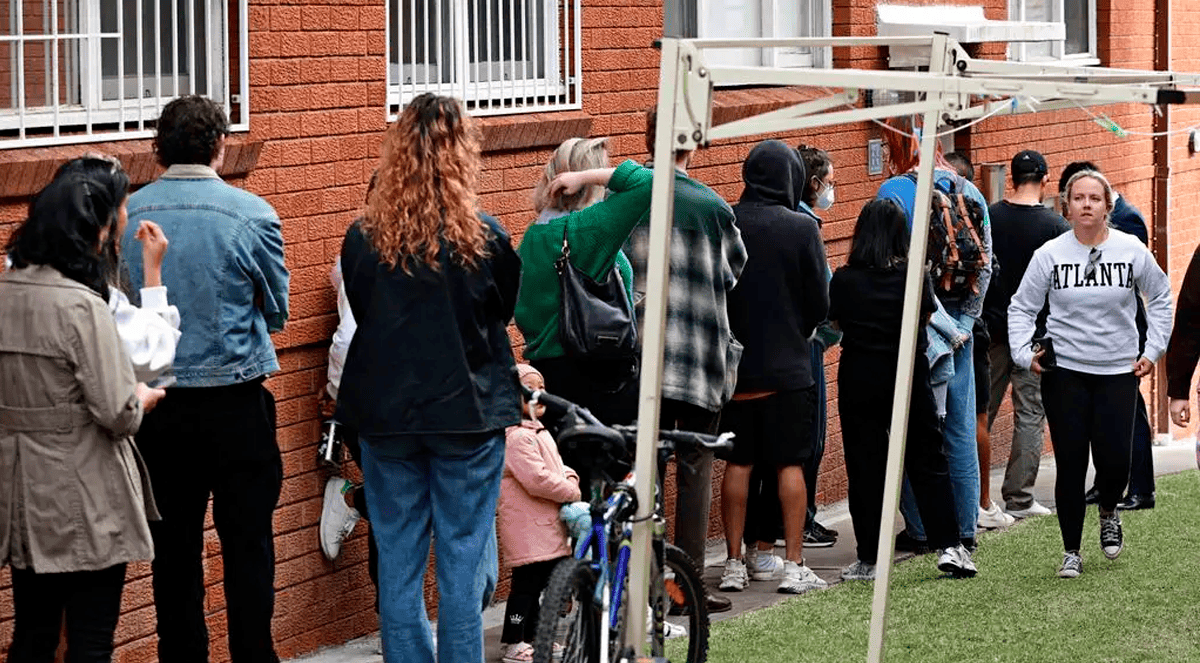


%20Scott%20Kuru%20DPU%20145.jpg?width=1920&height=1080&name=Senate%20Inquiry%20Forced%20the%20RBA%20to%20Admit%20the%20Housing%20Crisis%20Will%20Never%20Be%20Fixed%20(It%20Was%20All%20a%20Lie)%20Scott%20Kuru%20DPU%20145.jpg)



%20Scott%20Kuru%20DPU%20141.jpg?width=1920&height=1080&name=The%20Senate%20Just%20Exposed%20Australias%20Biggest%20$80%20Billion%20Housing%20Fraud%20(Inquiry%20Launched)%20Scott%20Kuru%20DPU%20141.jpg)




%20Scott%20Kuru%20DPU136.jpg?width=1920&height=1080&name=Aussies%20Just%20Got%20Hit%20With%20Double%20Taxes%20on%20Everything%20(This%20Has%20Gone%20Too%20Far)%20Scott%20Kuru%20DPU136.jpg)


%20Scott%20Kuru%20DPU%20133.jpg?width=1920&height=1080&name=JUST%20IN%20Something%20Major%20Just%20Flipped%20Australia%E2%80%99s%20Property%20Market%20for%202026%20(No%20One%20Saw%20This%20Coming)%20Scott%20Kuru%20DPU%20133.jpg)


.jpg?width=1920&height=1080&name=Rental%20Prices%20At%20Record%20Highs%20And%20Vacancy%20Rates%20At%20All%20Time%20Lows%20(New%20Data%20Reveals).jpg)
%20%20DPU%20EP%2014.jpg?width=1920&height=1080&name=Investors%20Shutting%20Out%20First%20Home%20Buyers%20(Investors%20At%20Record%20Highs)%20%20DPU%20EP%2014.jpg)

.jpg?width=1920&height=1080&name=Darwins%20Property%20Market%20Boom%20or%20Dangerous%20Gamble%20(REVEALED).jpg)

.jpg?width=1920&height=1080&name=The%20RBA%E2%80%99s%20Rate%20Cut%20Could%20Explode%20House%20Prices%20(Here%E2%80%99s%20Why).jpg)








.jpg?width=1920&height=1080&name=Warning%2c%20You%20Might%20Be%20Facing%20Higher%20Taxes%20Soon%20(1).jpg)




.png?width=1920&height=1080&name=Rate%20Drops%20Signal%20BIGGEST%20Property%20Boom%20in%20DECADES%20(1).png)

.jpg?width=1920&height=1080&name=Labor%20vs%20Liberal%20These%20Housing%20Policies%20Could%20Change%20the%20Property%20Market%20Forever%20(1).jpg)
.jpg?width=1920&height=1080&name=QLD%20Slashes%20Stamp%20Duty%20Big%20News%20for%20Investors%20%26%20Home%20Buyers%20(1).jpg)
.jpg?width=1920&height=1080&name=Trump%20Just%20Slapped%20Tariffs%20%E2%80%93%20Here%E2%80%99s%20What%20It%20Means%20for%20Australia%20(1).jpg)
.jpg?width=1920&height=1080&name=Federal%20Budget%202025%20More%20Debt%2c%20No%20Housing%20%E2%80%93%20Here%E2%80%99s%20What%20You%20Need%20to%20Know%20(1).jpg)
.jpg?width=1920&height=1080&name=Australias%20Housing%20Crisis%20is%20about%20to%20get%20MUCH%20Worse%20(New%20Data%20Warns).jpg)
%20(1).jpg?width=1920&height=1080&name=Australias%20RENTAL%20CRISIS%20Hits%20ROCK%20BOTTOM!%20(2025%20Update)%20(1).jpg)
%20(1).png?width=1920&height=1080&name=Is%20Adelaide%20Still%20a%20Good%20Property%20Investment%20(2025%20UPDATE)%20(1).png)
.jpg?width=1920&height=1080&name=RBA%20Shocks%20with%20Rate%20Cuts!%20What%E2%80%99s%20Next%20for%20Property%20Investors%20(1).jpg)
%20(1).jpg?width=1920&height=1080&name=I%20Predict%20The%20Feb%20Rate%20Cut%20(My%20Price%20Growth%20Prediction)%20(1).jpg)
.png?width=1920&height=1080&name=Why%20Property%20Prices%20Will%20Rise%20in%202025%20Market%20Predictions%20(1).png)
.jpg?width=1920&height=1080&name=Why%20Investors%20Are%20Choosing%20Apartments%20Over%20Houses%202%20(1).jpg)
.jpg?width=1920&height=1080&name=Why%20Rate%20Cuts%20Will%20Trigger%20A%20Property%20Boom%20(1).jpg)
.jpg?width=1920&height=1080&name=Retire%20On%202Million%20With%20One%20Property%20(Using%20SMSF).jpg)
.jpg?width=1920&height=1080&name=4%20Reasons%20Why%20You%20Should%20Invest%20in%20Melbourne%20Now%20(1).jpg)
%20(1).jpg?width=1920&height=1080&name=Old%20Property%20vs%20New%20Property%20(Facts%20and%20Figures%20Revealed)%20(1).jpg)
%20(1).jpg?width=1920&height=1080&name=Will%20The%20New%20QLD%20Govt%20Create%20a%20Property%20Boom%20or%20Bust%20(My%20Prediction)%20(1).jpg)
%20Scott%20Kuru%20(1).jpg?width=1920&height=1080&name=Inflation%20Hits%20Three-Year%20Low%20(Will%20RBA%20Cut%20Rates%20Soon)%20Scott%20Kuru%20(1).jpg)
.jpg?width=1920&height=1080&name=How%20to%20Buy%20Investment%20Property%20Through%20SMSF_%20The%20Ultimate%20Guide%20(1).jpg)
.jpg?width=1920&height=1080&name=Victoria%20Slashes%20Stamp%20Duty%20Melbourne%20Set%20to%20Boom%20Scott%20Kuru%20(1).jpg)
.png?width=1571&height=861&name=Are%20Foreign%20Buyers%20Really%20Driving%20Up%20Australian%20Property%20Prices%20(1).png)
.jpg?width=1920&height=1080&name=The%20Single%20Factor%20That%20Predicts%20Property%20Growth%20Regions%20(1).jpg)
%20Scott%20Kuru%20(1).jpg?width=1920&height=1080&name=My%20Prediction%20On%20Rates%20%26%20Negative%20Gearing%20(Market%20Crash)%20Scott%20Kuru%20(1).jpg)

-1.png?width=1920&height=1080&name=Major%20Banks%20Cut%20Rates%20Will%20RBA%20Follow%20Suit%20(Sept%20Rate%20Update)-1.png)
%20Scott%20Kuru-1.png?width=1920&height=1080&name=Rate%20Cut%20Coming%20What%20New%20Zealands%20Move%20Means%20for%20Australia%20(Sept%20Prediction)%20Scott%20Kuru-1.png)
%20(1).jpg?width=1920&height=1080&name=Buy%20when%20the%20interest%20rates%20are%20high!%20(Why%20you%20must%20buy%20now!)%20(1).jpg)
.jpg?width=1920&height=1080&name=Carms_Revised%20Taxes%20Due%20Aug%209%20YT%20Thumbnail02%20(1).jpg)
.jpg?width=1920&height=1080&name=Carms_Too%20Little%20Too%20Late%20Aug%207%20YT%20Thumbnail01%20(1).jpg)









.jpg?width=1920&height=1080&name=Carms_Rate%20Drop%20In%20July%20Jun%2010%20YT%20Thumbnail02%20(1).jpg)
.jpg?width=1920&height=1080&name=Carms_Own%20a%20Property%20V6%20Jun%205_YT%20Thumbnail%20(1).jpg)









.png?width=1920&height=1080&name=Artboard%201%20(3).png)






.jpg?width=1920&height=1080&name=YT%20thumbnail%20%20(1).jpg)

